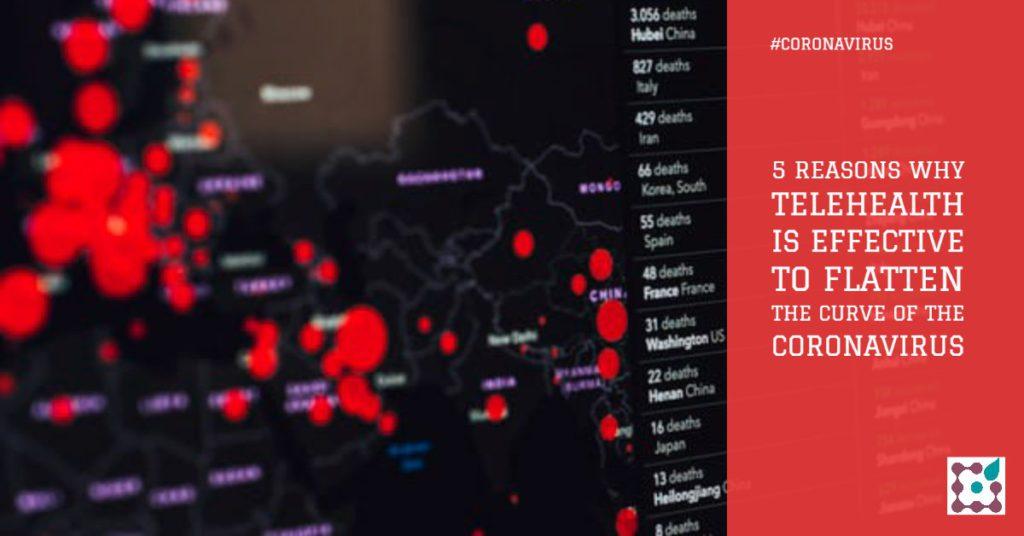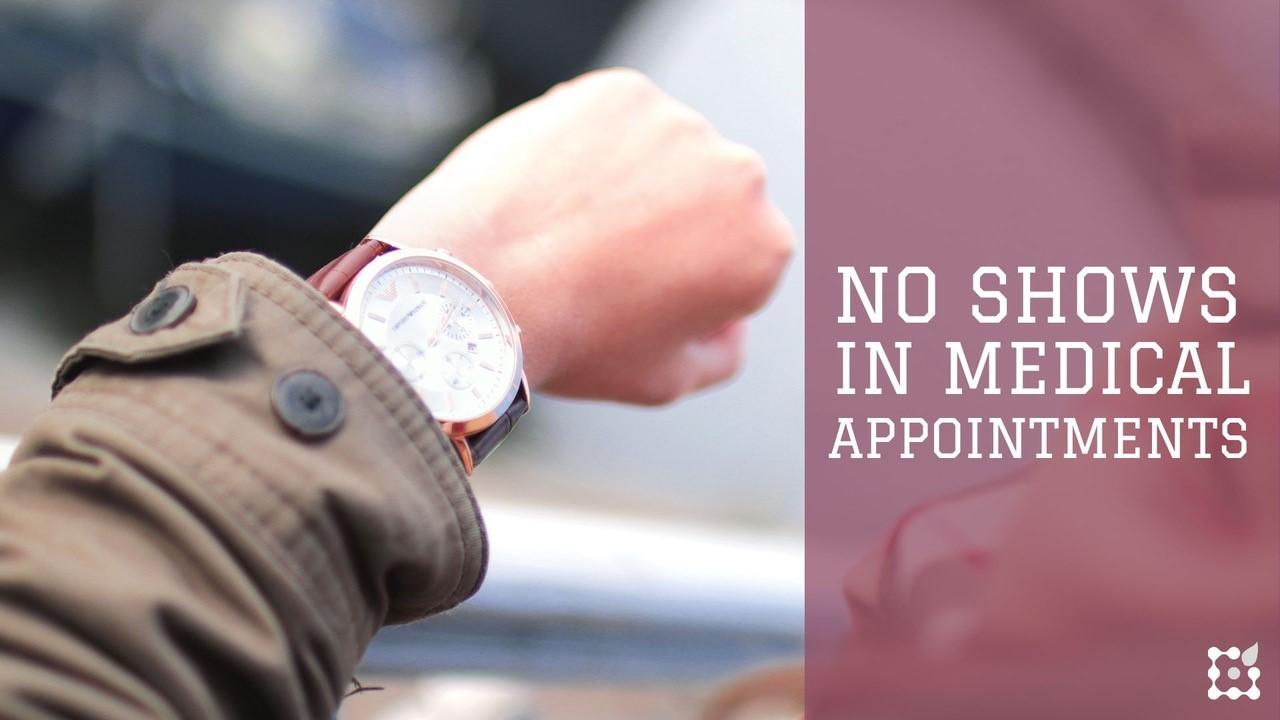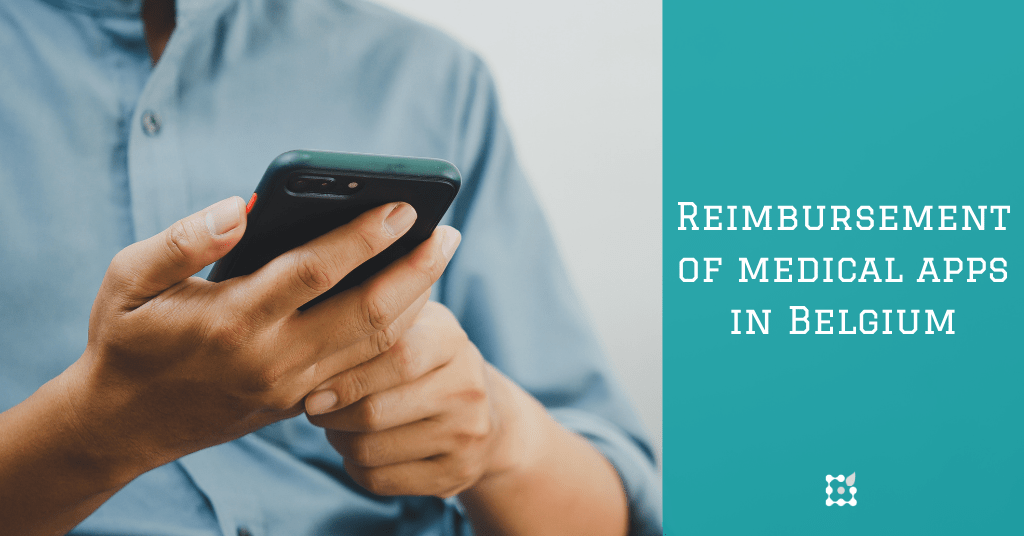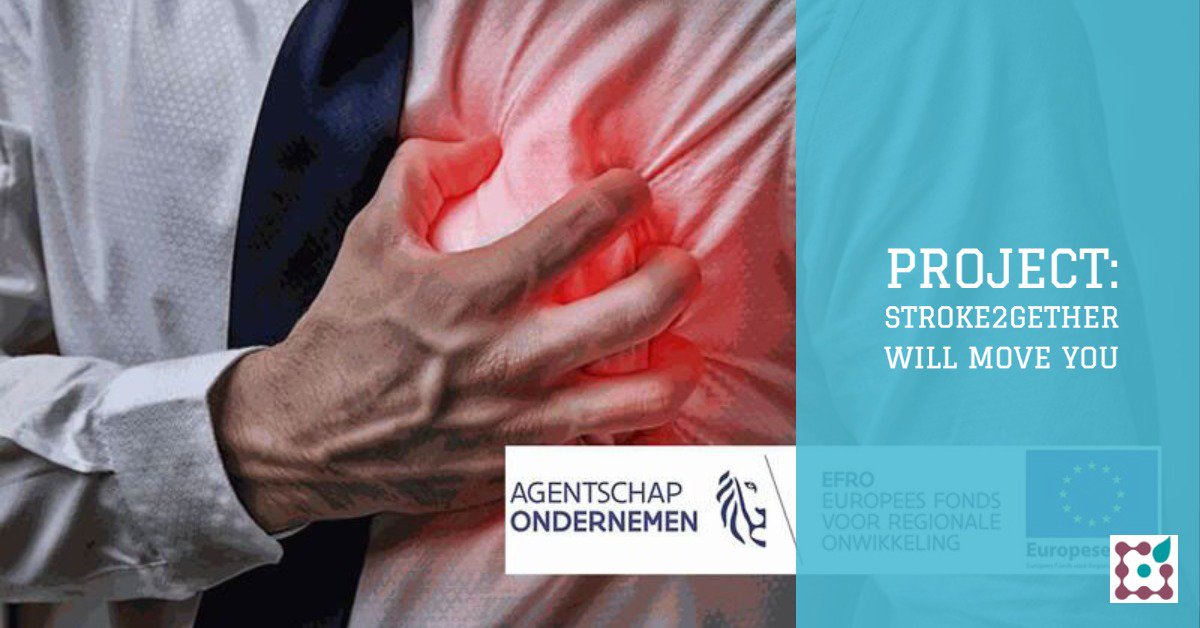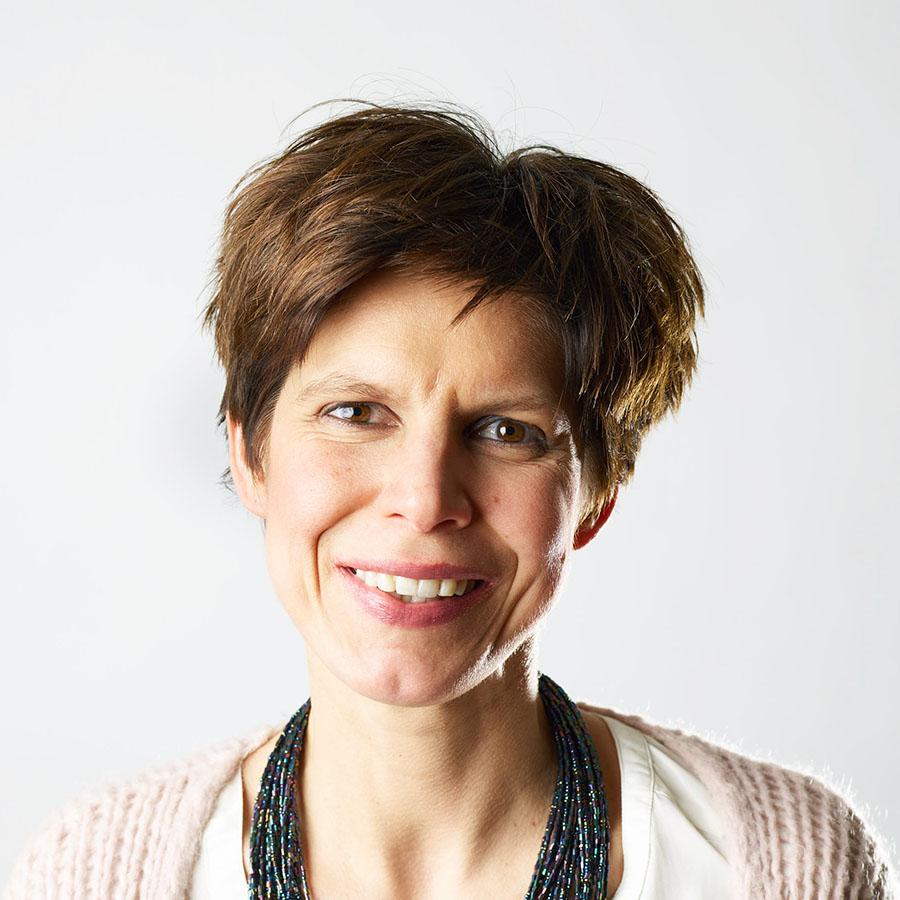As digital meetings are a commodity in all kinds of work environments now, and as the capacity of the health systems is a major concern to the WHO in times of Covid_19, the case for telehealth has never been so clear. Online consultations are comfortable and safe for both patients and health professionals. Worldwide, stakeholders invest in teleconsultations or urge to use it now.
So, for those that still hold on to the oldest possible frameworks and standards, because they are afraid to use telehealth, or because they simply don’t know: here are 5 reasons why teleconsultations are effective in ‘flattening the curve’.
We have all heard that we need to #flattenthecurve to slow the spread of the #Coronavirus, but these figures from @Worldometers show the countries with the most cases outside of #China have not had a lot of success yet, except #SouthKorea. https://t.co/w7kl64uOpq pic.twitter.com/E993Bqyo2C
— Statista (@StatistaCharts) March 13, 2020
1. Save consults for both patients and health professionals wherever they are
Patients don’t have to leave their homes to have a consultation. They can schedule their appointment online, and get advice and/or medicines without going outside (in case there is cooperation with pharmacists).
If needed, extra caregivers can be called to work, even when they are at home.
Also, caregivers don’t have to worry about being infected or about the lack of protection material. The risk of contamination diminishes and fear is reduced.
Nog een laatste: (over maatregelen gesproken)
-zorg dat de zorg meer dan voldoende #mondkapjes heeft (wie houdt het overzicht?)
-zonder mondkapje gaat geen zorgverlener zorg leveren.
Dank
— Sander de Hosson (@shossontwits) March 12, 2020
2. Fewer people at the emergency departments
Emergency departments can use telemedicine to do triage, 24/7. This means: overnight and during the weekends too. It makes waiting times at emergency departments shorter and safer. Fewer people come to the hospital. Hospitals can now use all space and hands to help patients in hospital beds already.
Dokter Jelle Swinnen is spoedarts in AZ Delta in Roeselare. Vanop de frontlinie brengt hij voor Artsenkrant de komende weken regelmatig verslag uit van de manier waarop het ziekenhuis dagdagelijks de strijd tegen Covid-19 voert. https://t.co/gZKAUQOtCK
— Artsenkrant (@aktweetsbe) March 16, 2020
3. Monitoring vulnerable patient groups
People with chronic conditions (respiratory, diabetes, auto-immune diseases…), elderly and people who have been confirmed with the COVID_19 and are in quarantine at home, can all be monitored and taken care of, with the same capacity of healthcare workers.
Specialist doctors helping chronic care patients are able to keep in contact with their patients and give them trust and advice, thus preventing things from getting worse.
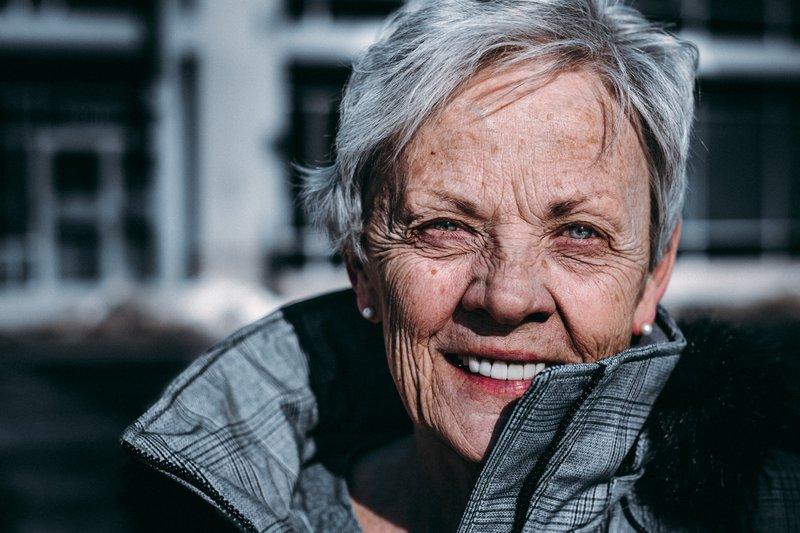
4. Tackle fear, stress and other mental health problems
In times of crisis, fear and irrational thoughts are omnipresent. For people with mental vulnerability, the impact of social isolation policies is above average. Taking care of mental support and mental health is now extremely important.
Psychologists, social and care workers, doctors, … can all help to reassure people. Teleconsultations help people to talk to trusted professionals and cope with the impact of ‘social distance’. This is why psychologists federations have called on their members to use teleconsultations.
Brief guidelines from @EFPA_EuroPsy‘s project group on #ehealth concerning #onlineconsultation for #psychologists #telepsychology https://t.co/AAtU8nhScm #covid19 pic.twitter.com/cQSI9zq5Lt
— Tom Van Daele (@TomVanDaele) March 13, 2020
5. improve the efficiency of the health system
In short, telehealth makes the health system more efficient: more help and better impact with the same workforce and facilities. This is an important argument. Not only in times of COVID_19, but also in times of a general workforce crisis in health and care.
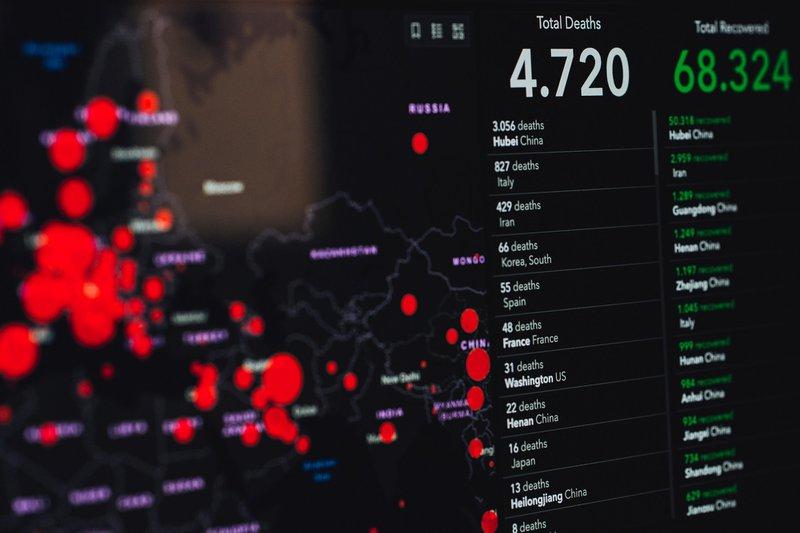
Key takeaway
Now is the time to start using telehealth, if you haven’t done already. This crisis will change the world, including the healthcare system. No time to waste. #flattenthecurve
Tell me your story: https://www.linkedin.com/in/sofiestaelraeve/

